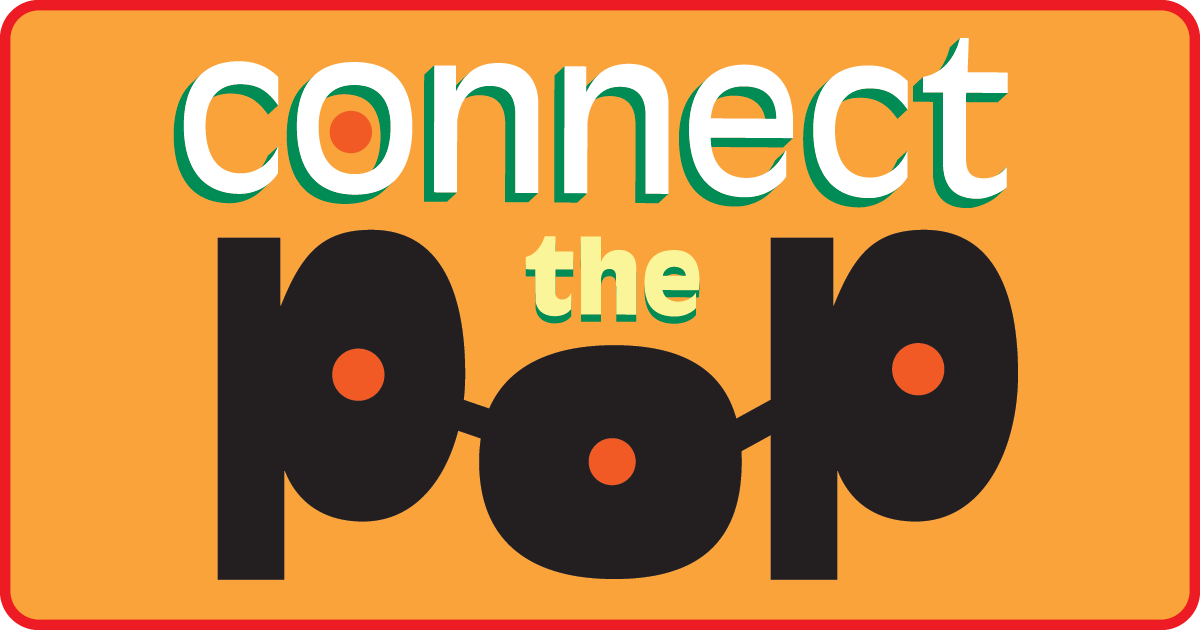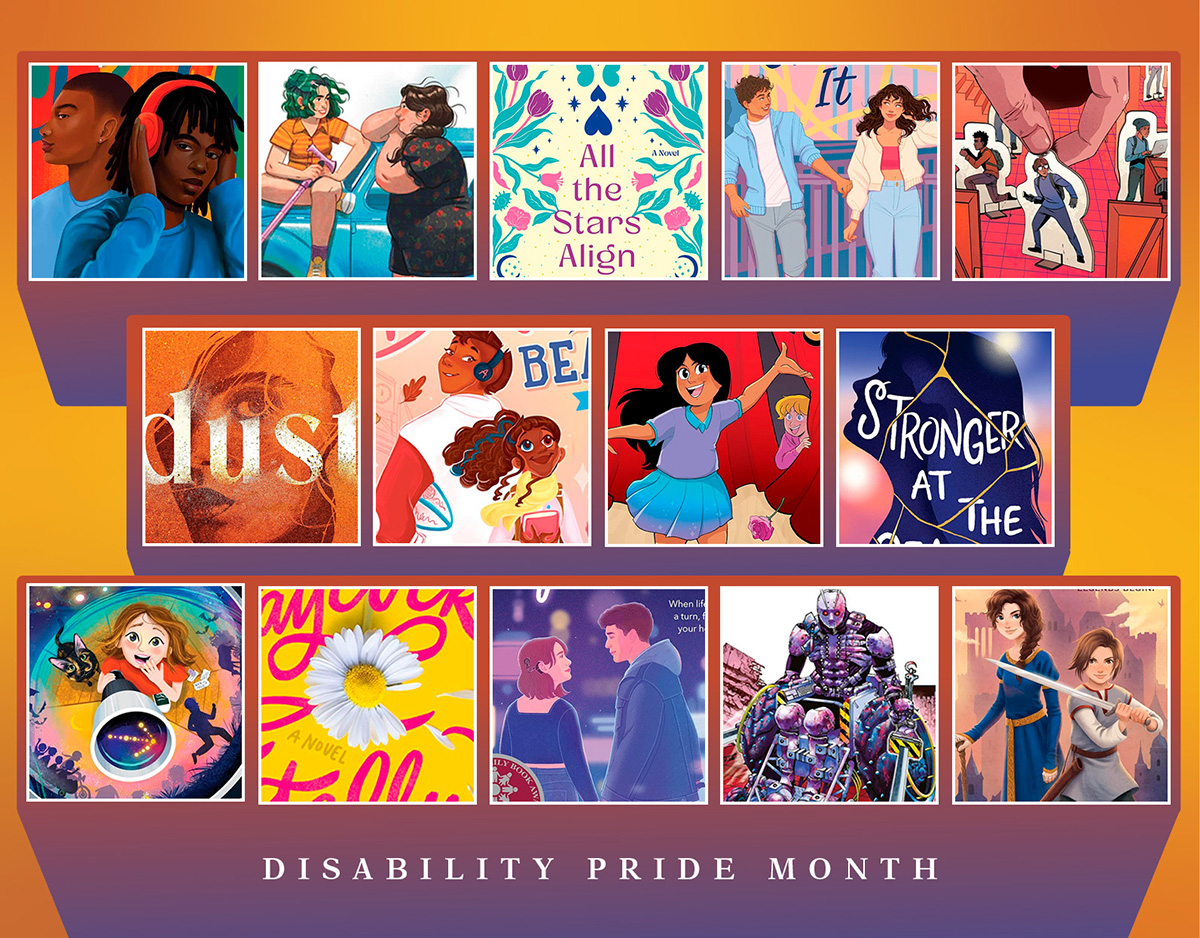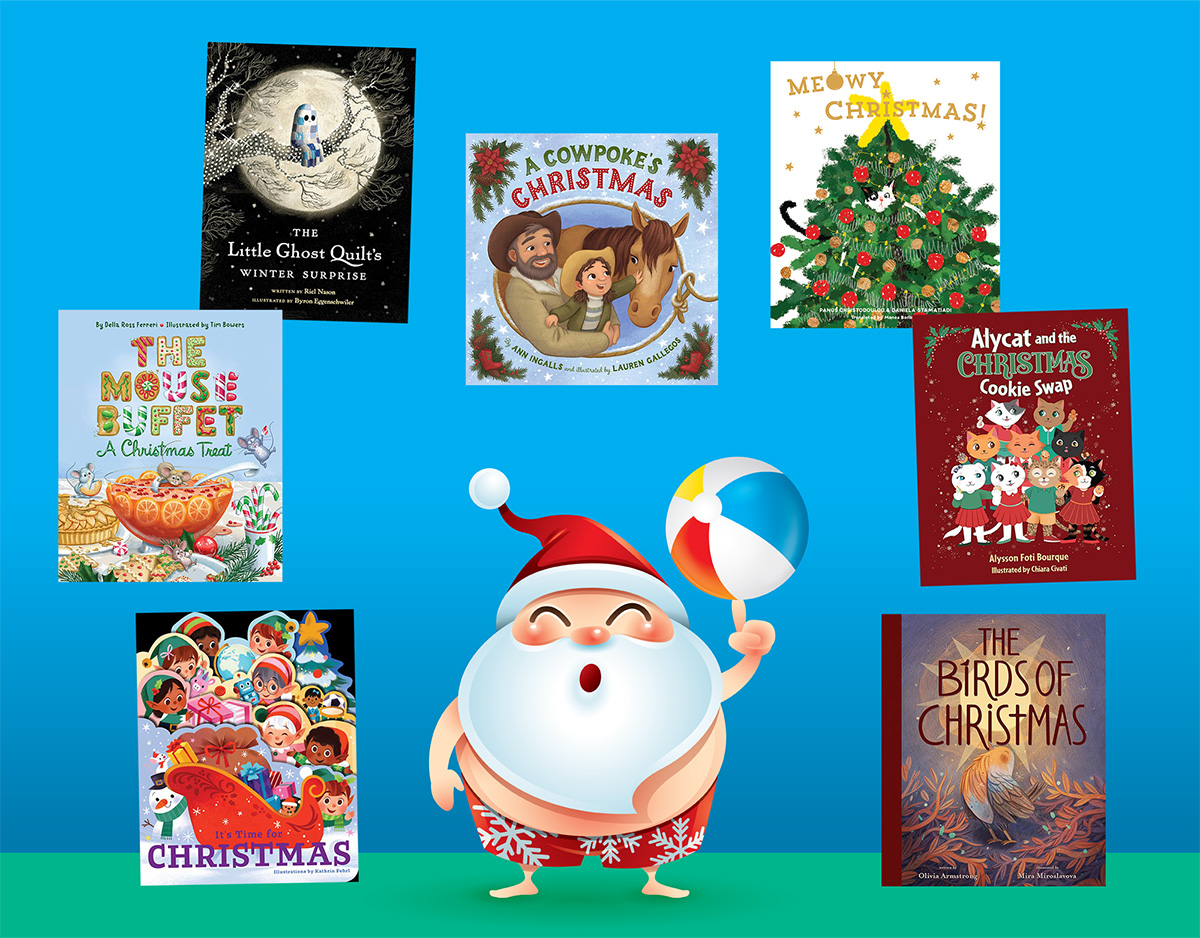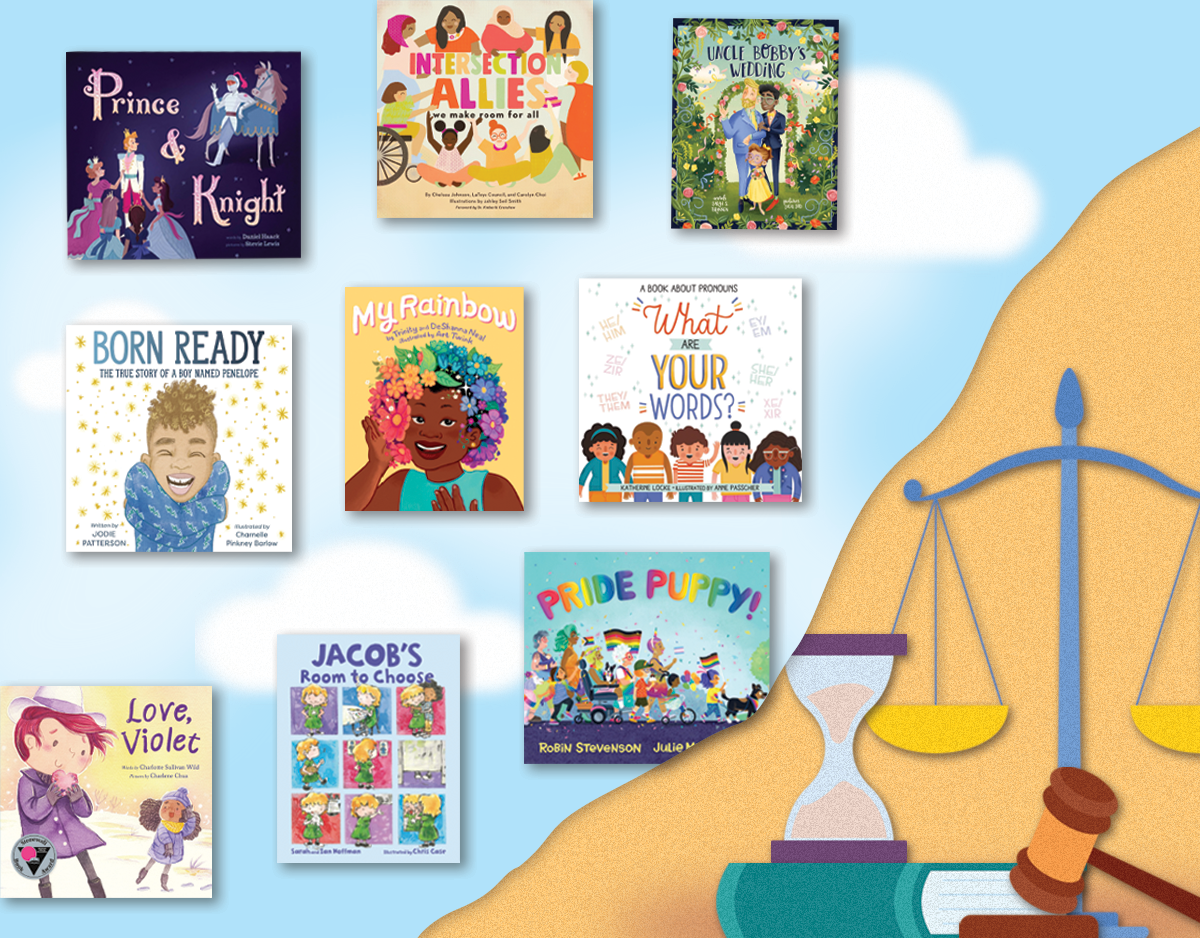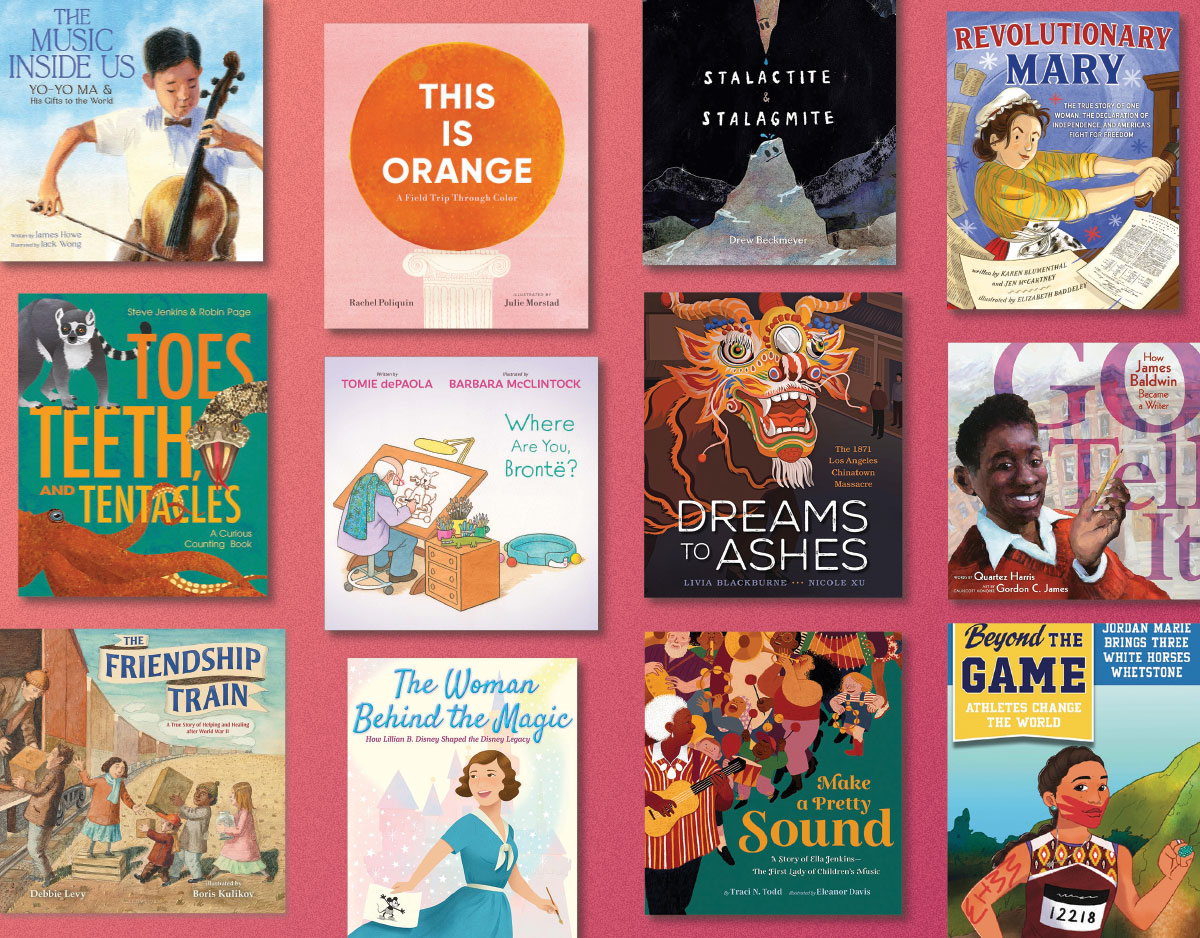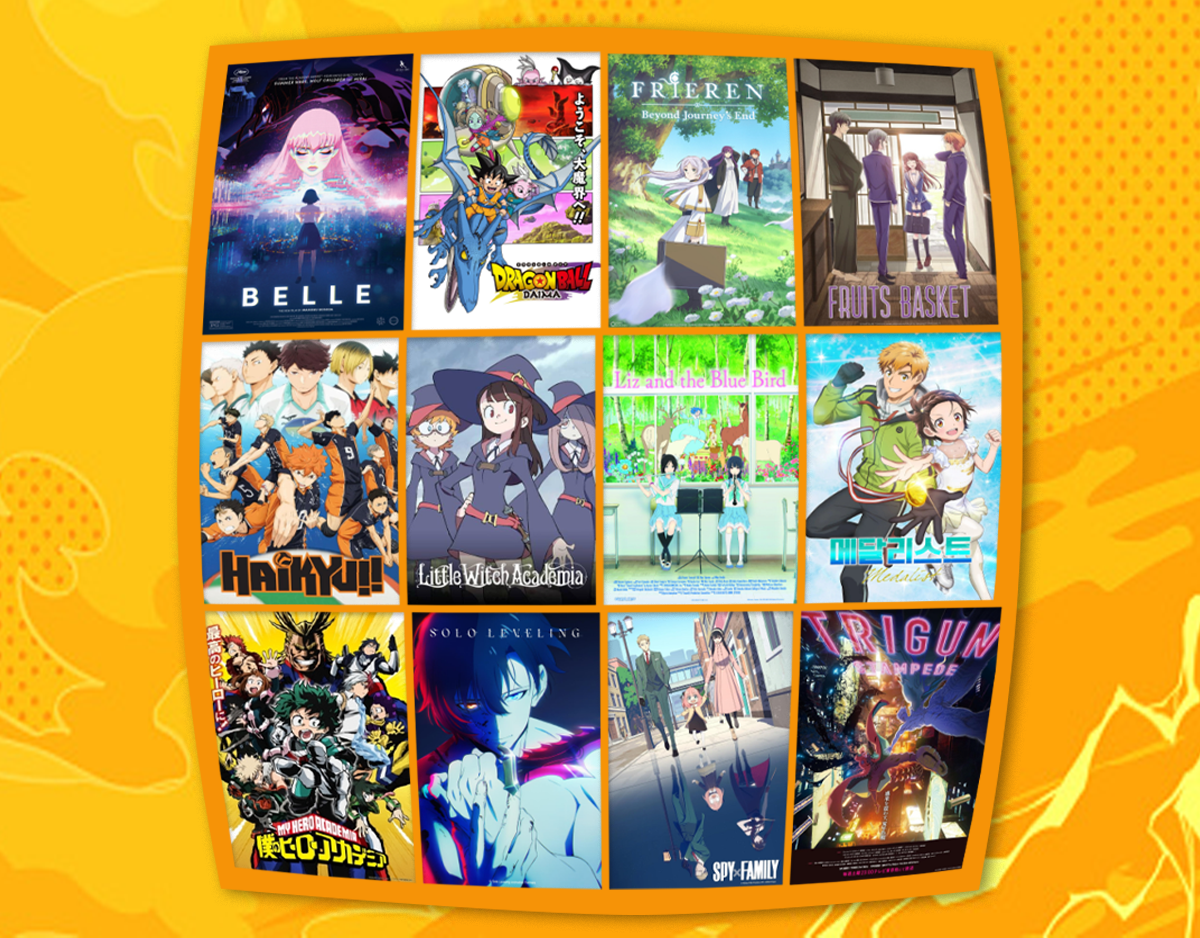SCROLL DOWN TO READ THE POST
Giveaway: Blu-ray and DVD Combo Pack of BULLY
 It’s one of those kid-focused, school-centered docs that even if you don’t have kids or haven’t set foot in a school since graduating, you know about it. I’m referring, of course, to Lee Hirsch’s Bully, which bowed to massive attention last year and is now (as of today, actually) available on home video. Both capitalizing on and further galvanizing today’s anti-bullying movement, Bully really is a film that’s perfect for screening to youth, either in clips or in its entirety, to stimulate discussion around the important issues it addresses.
It’s one of those kid-focused, school-centered docs that even if you don’t have kids or haven’t set foot in a school since graduating, you know about it. I’m referring, of course, to Lee Hirsch’s Bully, which bowed to massive attention last year and is now (as of today, actually) available on home video. Both capitalizing on and further galvanizing today’s anti-bullying movement, Bully really is a film that’s perfect for screening to youth, either in clips or in its entirety, to stimulate discussion around the important issues it addresses.
Of course the film became such a huge story in the news media not only because of its topicality, but also because of this whole “stimulate discussion with youth” issue itself: how could one use as it as a springboard for dialogue—and action—if the MPAA’s initial “R” rating would place it out of reach of that same target audience?
ADVERTISEMENT
ADVERTISEMENT
You can read more about the controversy, and the eventual decision to re-cut and re-rate Bully here. It’s not that I don’t find the entire question of what we deem suitable for kids to watch a critical topic in the world of media, but rather that it deserves much more thought and time than I can provide in this post. Still, I feel that engaging students around the topic of is-it-okay-to-hear-profanity-in-the-service-of-a-great-cause? is the perfect way to begin discussing Bully from a media literacy perspective.
Does that mean I’m heartlessly dismissing the “content” of the film and its central purpose, which is to prevent bullying and help heal its victims? Nope. Because I believe that media literacy skills help all of us deal more deeply and more authentically with film texts and pop culture more generally–that’s the purpose of this blog. To be blunt, if young people can’t understand the way that media texts position them—even with, or perhaps especially with, those texts whose content they are sympathetic to—then we are doing them a greater disservice, one that extends beyond a particular TV series or magazine article or “activist doc.” We are essentially saying, “Use your critical thinking skills only on the media messages that you don’t like or agree with.” Well, I guess that approach is better than nothing, but in the end it really doesn’t get us past the mindset of partisan sniping that bashes either left- or right-wing “media bias” depending on who’s doing the bashing. The truth is, it’s all biased.
Okay, enough already. Here are some media literacy questions to supplement the content-based inquiry and conversational topics that may occur to you by previewing Bully or by exploring the resources on its robust companion website:
For younger students or those with little media literacy experience—are all documentaries “true” because they don’t feature actors and made-up lines of dialogue? In what ways are docs such as “Bully” creative constructions that involve choosing incidents/people to capture with the camera and then selectively editing the results?
One of the virtues of “Bully” is that its appeal extends across political lines vis-à-vis “ed reform” in the U.S.–teachers, administrators and parents are all portrayed as being both part of the problem and the solution. Is this balance intentional, or a happy byproduct of an issue that touches every part of the political spectrum? Whatever your answer may be, what is your evidence for it in the film?
Why do you think “Bully” starts with the tragic story of the teen suicide? How does the structured order of informational texts such as documentaries affect us emotionally, and thus our reception of the information that follows?
How does the portrayal of bullies here differ from that in feature films and TV shows? Do any similarities and differences indicate something about the relationship between fiction and nonfiction moving-image media more broadly?
Revenge is a popular theme in popular culture, especially movies. How does the depiction of revenge in “Bully” contrast with these, and how might it change your experience of “revenge stories” going forward?
In the case of the schoolbus bullying, the filmmakers eventually intervened, as an intertitle makes clear. Was this the right thing to do and/or the right time to do it? For example, why not intervene earlier, or with other subjects?
Debate this question: should documentarians, like news photographers and war correspondents, not extend a hand to help those whose suffering they are recording? What might be lost if they did? (If students are old enough, you may want to introduce the [very disturbing] recent controversy over the New York Post’s front page photo of a subway death.)
Do you think that anywhere in the U.S. there are schools or teachers who excel at preventing or stopping bullying–if so, why aren’t their methods mentioned or shown? Couldn’t the audience learn from them? Similarly, is there any way of knowing from the film alone how effective Asst. Principal Kim Lockwood has been in terms of countering bullying over the course of her career?
How is “Bully” like, and not like, a fictional “message movie”? See my tips here.
What does the title of the film signify–why was it chosen? Is the film really about any bully in particular, even in passing? How would one of the stories being about a bully add to the film’s impact (or diminished it)?
So… are you interested in winning a DVD/Blu-ray “Combo Pack” of Bully, courtesy of Anchor Bay and TWC? Maybe to give as a gift? Good. Here’s all you need to do:
1. Double-check that you live in the U.S. or Canada.
2. Leave a comment here (through 11:59 pm ET Feb 14) about your favorite or least favorite movie or TV series that has treated the subject of bullying, and be sure to explain the why behind your choice.
3. If you don’t see your comment, just contact me via email or Twitter (see below).
4. I’ll email the two winners, who’ll then be asked to provide (via me) their mailing addresses to the distributor’s publicist. If I don’t hear back from you within 48 hours of notification, I’ll simply draw another name.
Thanks!
Filed under: Giveaways, Media Literacy, Movies, Social Studies, Television, Transliteracy
About Peter Gutierrez
A former middle school teacher, Peter Gutierrez has spent the past 20 years developing curriculum as well as working in, and writing about, various branches of pop culture. You can sample way too many of his thoughts about media and media literacy via Twitter: @Peter_Gutierrez
ADVERTISEMENT
SLJ Blog Network
Celebrate The Endies with Me!
Gabba Gabba: We Accept That This Book Is Strangely Superior. A Q&A with Jay Ruttenberg and Lucinda Schreiber
Quinnelope and the Unicorn Utopia | Preview
Heavy Medal Suggestions: 73 Titles and Counting
Dystopian novels are a tool against real-world problems: Fighting back against the American Healthcare system and why it matters for everyone, a guest post by Cassandra Newbould
The Classroom Bookshelf is Moving
ADVERTISEMENT
ADVERTISEMENT

